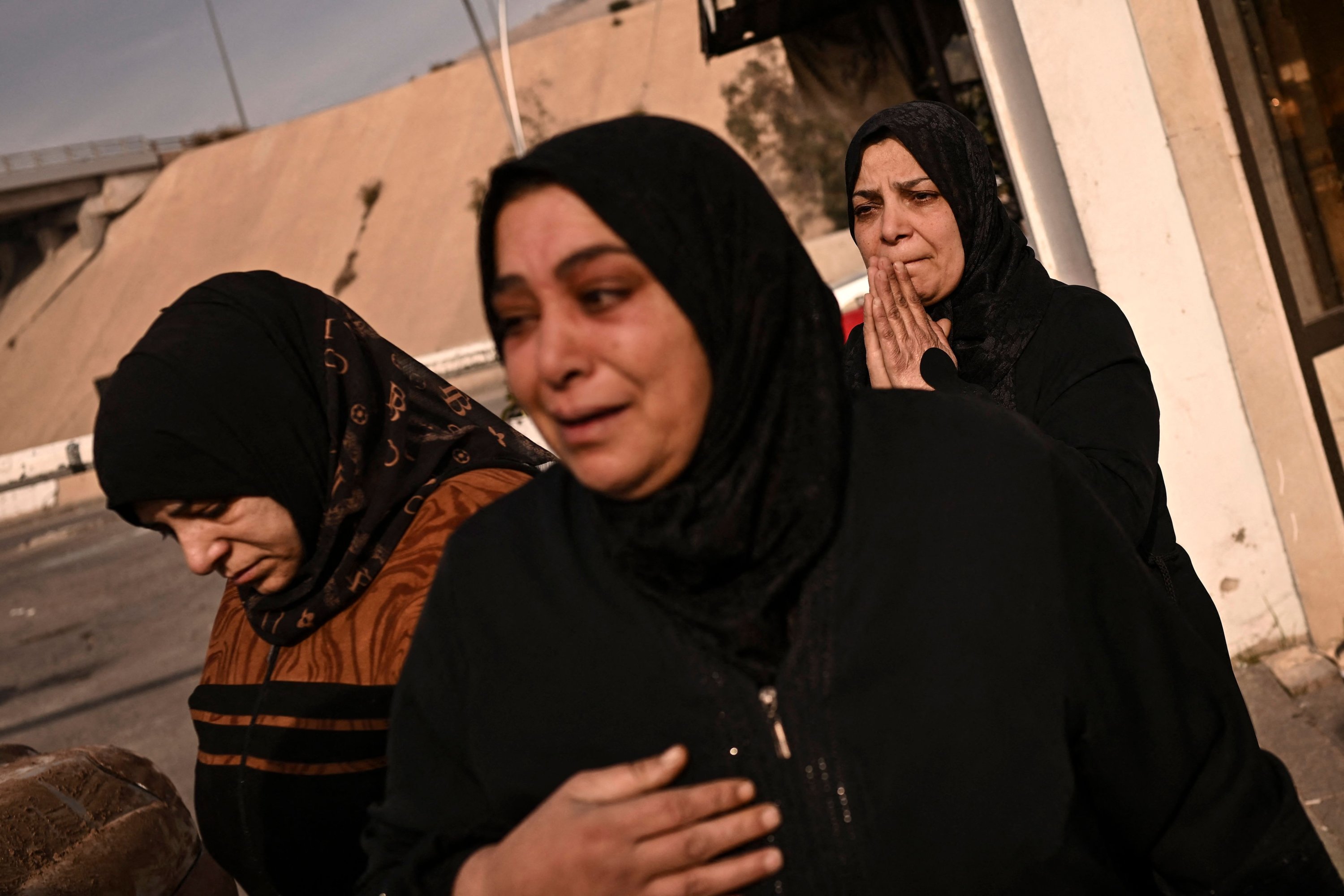© Turkuvaz Haberleşme ve Yayıncılık 2026
Since the outbreak of Syria’s civil war in 2011, Bashar Assad's regime has faced relentless accusations of widespread human rights violations, including torture, rape and executions.
As the hardline ruler's downfall unfolded in recent days, U.N. investigators are calling for accountability at the highest level for these abuses.
In 2013, a defector known only as "Caesar" smuggled out over 55,000 haunting photographs taken between 2011 and 2013.
The images, verified by experts, depicted tortured, starved and disfigured bodies in Syrian prisons.
One image showed hundreds of corpses in a shed, covered in plastic for burial.
The Assad regime dismissed the photos as “political,” but Caesar’s testimony before a U.S. Congress committee helped inspire the 2020 U.S. law imposing economic sanctions on Syria.
In a significant move in 2022, Germany, Sweden and France began prosecuting high-ranking members of Syria's intelligence services.
In July, a coordinated European operation led to the arrest of eight individuals linked to crimes against humanity, known as "Caesar."
Investigators now have a list of over 4,000 officials responsible for these violations.
Human Rights Watch coined the term "torture archipelago" in 2012 to describe the network of government-run prisons where systematic abuse was rampant.

These prisons were sites of unspeakable cruelty, including electric shocks, sexual assault and mock executions.
By 2022, the Syrian Observatory for Human Rights reported that over 100,000 individuals had died in these facilities since the conflict began.
In 2023, the International Court of Justice (ICJ) ordered Syria to halt inhumane treatment in its prisons.
Sexual violence has been a hallmark of the Assad regime’s war tactics.
In 2020, seven Syrian refugees filed a complaint in Germany, detailing their experiences of rape, forced abortion and electric shocks from 2011 to 2013.
The U.N. reported in 2018 that sexual violence by pro-Assad forces was systematic, with thousands of women and girls subjected to abuse.
As of November 2024, the Syrian Human Rights Network confirmed at least 11,553 instances of sexual violence since 2011, with the majority blamed on Assad's government.
In 2016, U.N. investigators labeled the Syrian government’s actions as “extermination,” a crime against humanity.
This was epitomized by Sednaya prison, notorious for its brutal practices.
Amnesty International described it as a "human slaughterhouse" where inmates were systematically executed, some after horrific torture.
The U.S. also highlighted a “crematorium” at Sednaya used to dispose of the bodies of thousands of victims.
The Syrian Observatory for Human Rights later estimated that 30,000 individuals died at Sednaya, many tortured to death.
Assad’s forces have been implicated in multiple chemical weapons attacks, most infamously in 2013 near Damascus, when sarin gas reportedly killed 1,000 people.
The chemical weapons watchdog OPCW confirmed that the Syrian army used chemical agents in attacks on Latamne in 2017.
France, in 2023, issued international arrest warrants for Assad, his brother, and two generals, accusing them of complicity in these attacks.
Assad's government has denied all charges of using chemical weapons.
